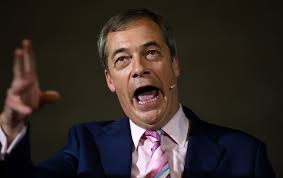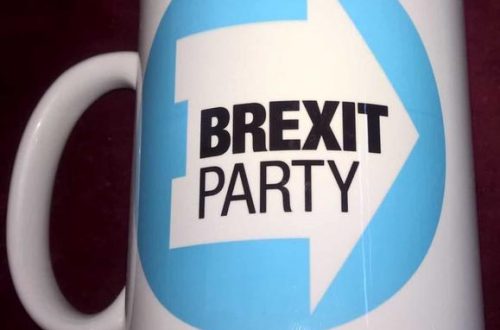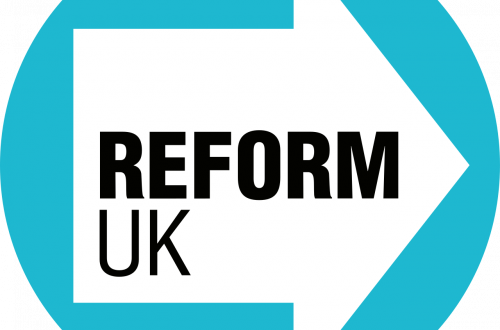The revelation that the LDs and SNP are looking to trump the Government’s proposed 12th December election with one on the 9th could well be Remain’s last throw of the dice.
The proposal is, superficially, attractive, difficult to argue against and potentially puts the Government on the back foot, do they want an election or not? Why don’t they want one on the 9th rather than the 12th?
The devil, of course, is in the detail. The Conservatives want to pass their Withdrawal Agreement Bill (WAB) before an election whereas the LDs and SNP want to shelve it and have an election.
Passing the WAB isn’t the end of the process, there will still be lots of arguments about Free Trade Agreements, etc, etc, etc but it is likely to kill off the Brexit Party and Remainers would have to decide whether to become Rejoiners.
Although the opinion polls show a consistent, and decent, Conservative lead we’ve all learnt to be cautious and use extremely large quantities of salt. If we are in four party politics there is a high degree of uncertainty and 2017 showed how fortunes can change during a campaign.
The Conservatives, LDs and SNP have clear Brexit positions whereas Labour, through trying to keep Leavers and Remainers onboard, has problems.
In Scotland the SNP hope to take seats off Labour – unionist and unclear on Brexit, and the Conservatives – unionist, Brexiteer and without Ruth Davidson.
There is a risk to Swinson in getting into bed with Sturgeon as she has a Scottish seat which she held from 2005 to 2015, when she lost it to the SNP, before winning it back in 2017. She does have personal connections with the area, incumbency and a clear Remain stance, although she is a unionist. A LD/SNP “remain alliance” in Scotland would not surprise me.
South of the border the LDs would hope that, as in the EU elections, the Remain vote would coalesce around them.
The Conservative leadership contest and the election of a Brexiteer, Johnson, has seen the Brexit Party lose support to the Conservatives.
When Johnson was Foreign Secretary he was never completely onboard and could be seen as in politics – but he’s now in government (there’s a difference!). Nobody knows what the result of “no deal” would be, something between a damp squib and an atomic bomb – unpredictable and best avoided. Johnson must be aware that the stages to come will be easier after a deal and, having got most of his party, including the European Research Group (ERG), onside knows that’s the best way forward.
Farage, in many ways, is like Corbyn. Both are ideologues, in politics not government, and have spent their careers on platforms with a megaphone. He dropped out of sight after the 2016 referendum but made a triumphant return in 2019 when May couldn’t deliver.
He likes the sound of his own voice and, like the LDs, has hardened his position to stay in the picture, hence “no deal is the best deal”, wanting a, so-called, “clean break” and is now pushing a “betrayal” narrative. With the ERG “Spartans” backing Johnson the chances of a “leave alliance” have reduced.
The Brexit Party is down but not out, were Farage to get traction it could recover – at the expense of the Conservatives.
It’s also possible that Johnson could gain more support from the Brexit Party, but there are some hardliners for whom “no deal” is the only option.
It’s not without risk but Remainers have become increasingly desperate. They could end up with sufficient support for a second referendum, in which case Farage will have been Remain’s useful idiot.





